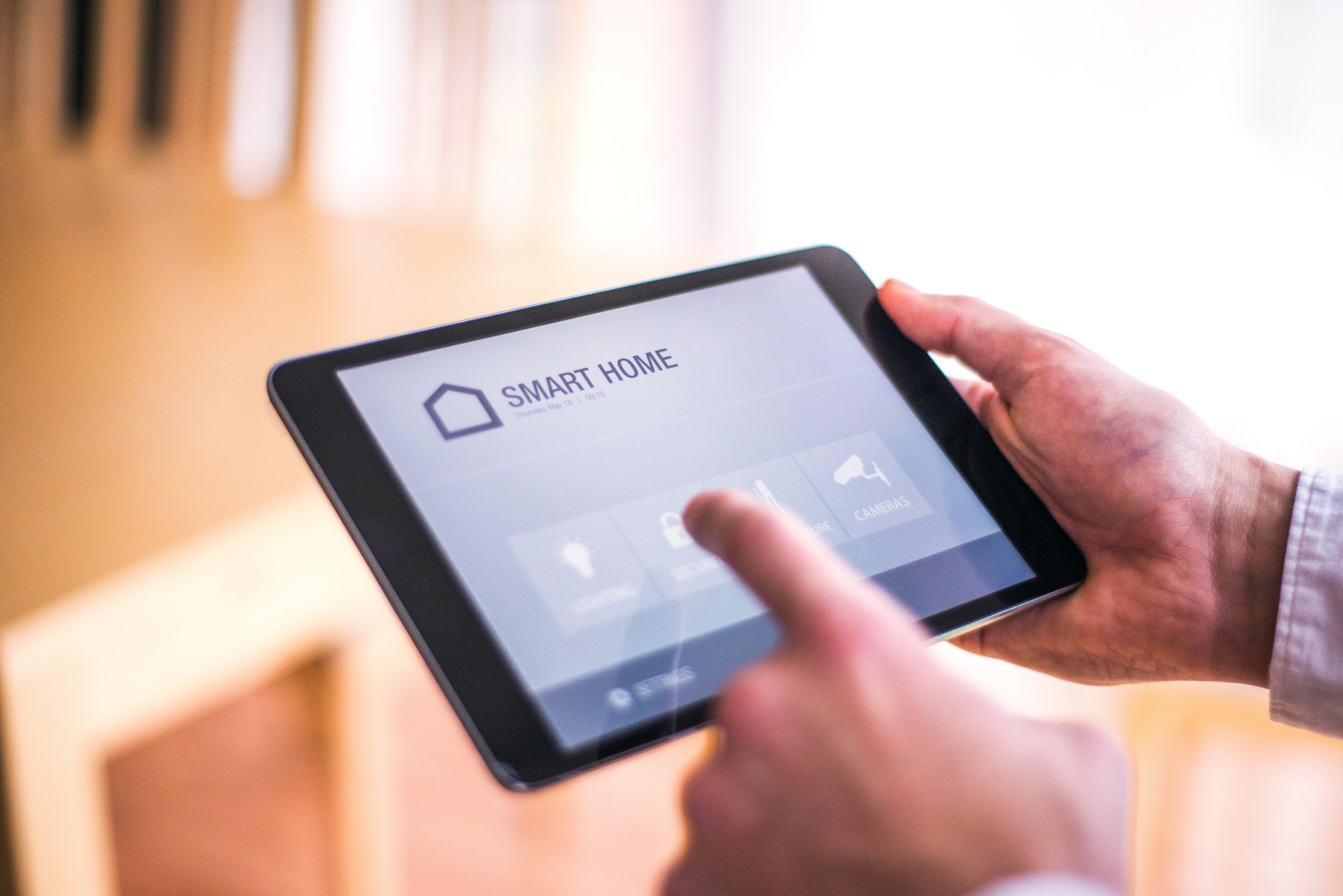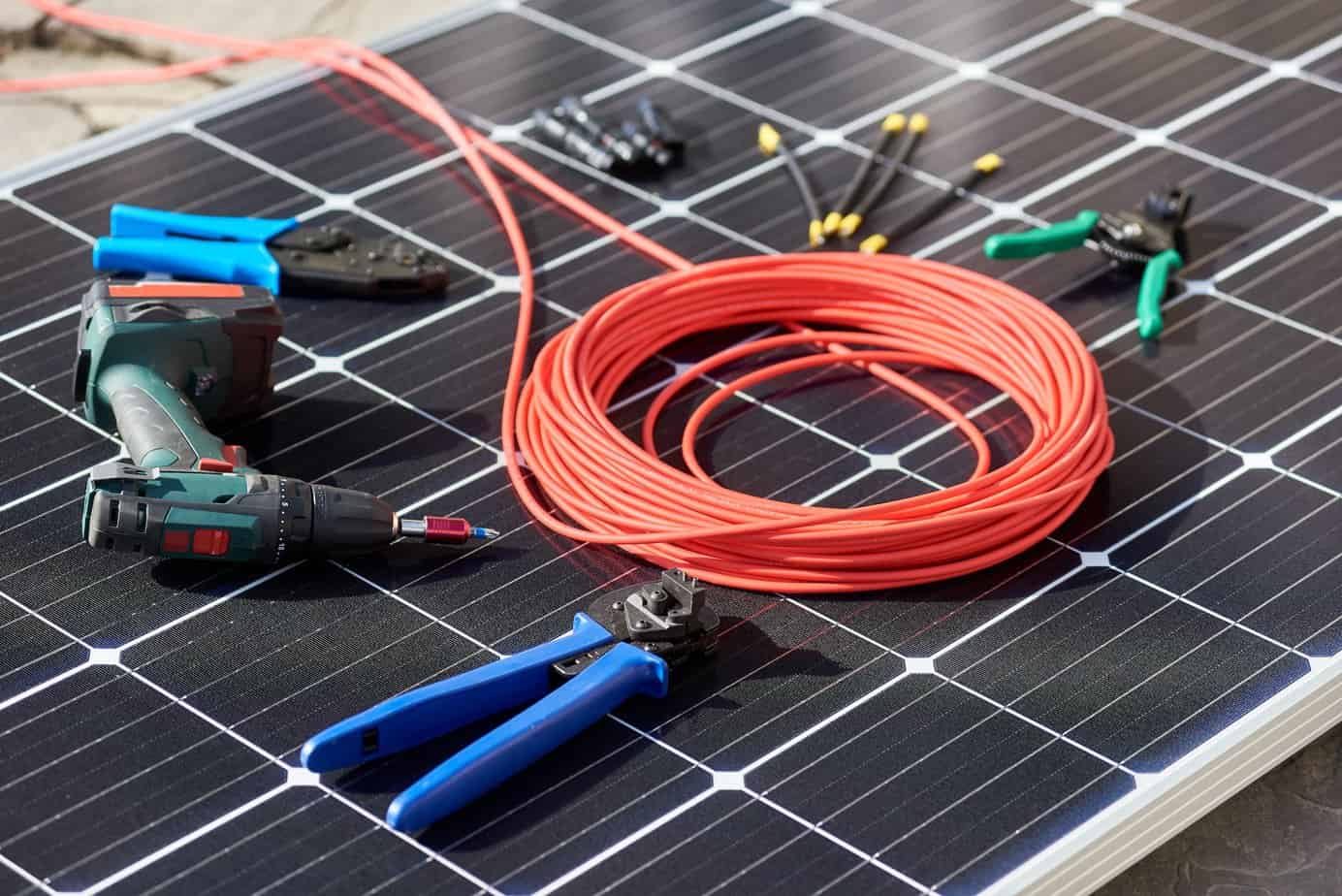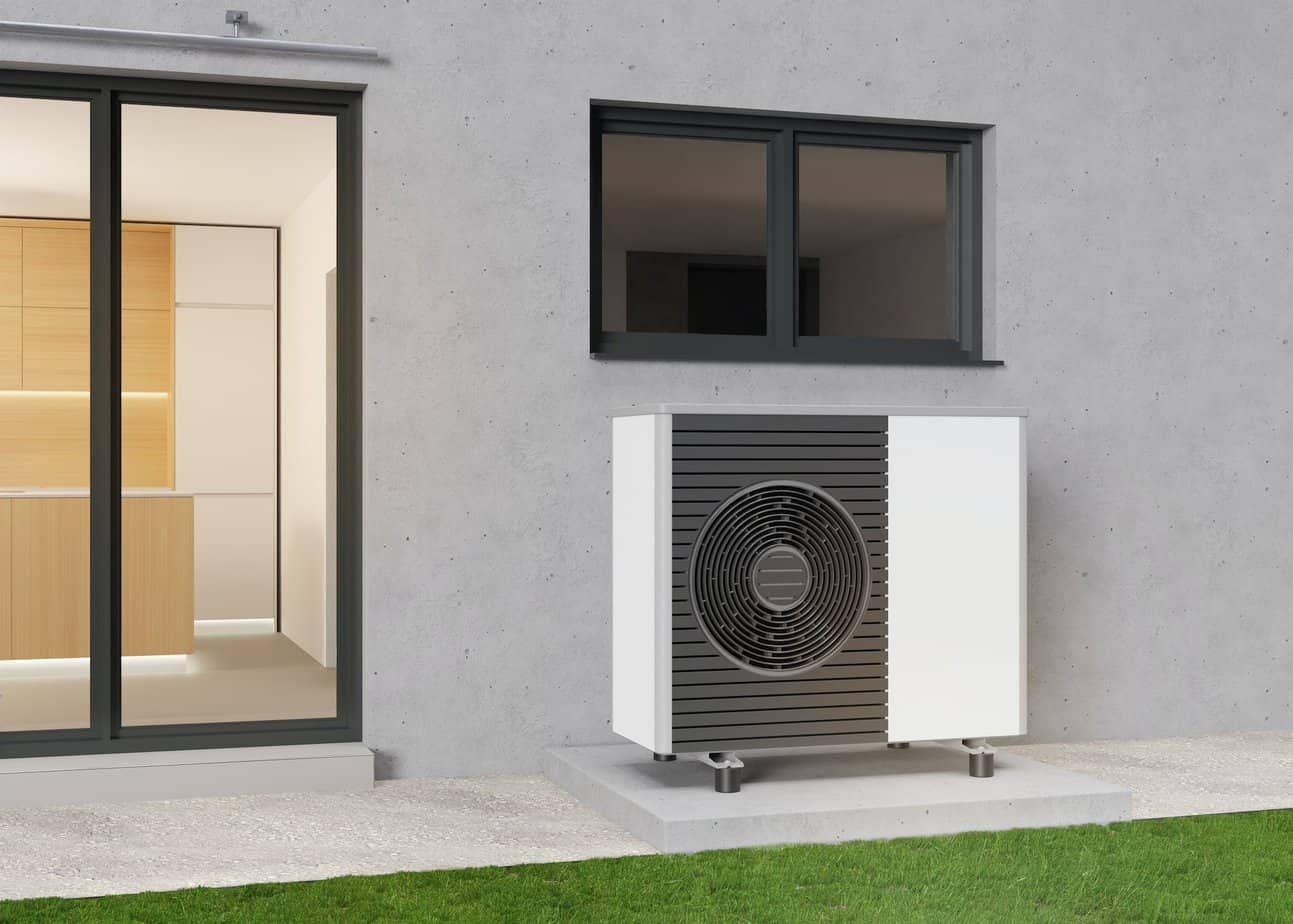We all love to save money and energy bills aren’t going anywhere, so saving on them is always a plus. What you may not know is that investing in smart technology can help you save money in the long run — even if it seems more expensive up front.
One of the primary causes of waste is actually our lifestyle choices. We leave lights on, forget to turn off TVs, and run appliances when we aren’t using them. To remedy these issues, we can change our habits, which can be difficult, or we can use smart technology to help.
People are moving to smart technology in droves because of the many benefits. So let’s look at how smart homes help save money on a home’s energy needs and how you can get started using smart technology to save money.
How Smart Homes Help Save Money
Smart technology gives homeowners a new kind of control over how they use energy by giving them control through a multitude of smart home energy-saving methods.
Smart home hubs have the ability to shut down appliances when not in use, getting rid of the excess energy drain. Some smart devices can even help track and report on how much energy they use. This can help you understand which devices are costing you the most money each month.
Smart technology gets controlled through smartphone apps or other smart hub devices. They enable you to turn devices off and on when out of the house. Such technology opens new doors for consumers to use this technology to save energy costs.
The 5 Best Strategies to Save on Your Home’s Energy Needs
The best strategies for smart technology include several things — so let’s take a look at your options for making the switch.
1. Use Home Automation
Home automation gives homeowners control over their devices through the use of smartphone apps. This tactic creates new methods to save energy because it gives them a new kind of control. There are a few types of these tools that are the best ones to use.
2. Consider Using Google Assistant and Alexa
Google Assistant and Alexa are smart programs you can put on various devices, including your smartphone. You can command the program to do whatever your technology has it enabled to do. One of the great uses of the technology is smart home routines, which schedule appliances to turn off.
For example, you can schedule your coffee pot to turn off right after you leave the house, so you don’t forget, or your dishwasher to run while you are out of the house.
3. Watch Your Peak Time Use
Many home appliances are run at mostly the exact times in households, creating peak energy times. Dishwashers, washing machines, and stoves are among these appliances. Using smart technology to schedule them to run during low energy times can save on energy costs.
4. Use Automatic Power Downs
A variety of our home appliances use energy when not in use. Coffee makers, satellite boxes, and gaming consoles are all among such devices. Any device operated with remote control is likely under this category.
You can resolve this issue by scheduling automatic power downs. This tactic will schedule these appliances to shut down and conserve energy you would have otherwise wasted.
Some devices in your home that you can use automatic power-downs on include the following:
Space heaters
Space heaters use an average of 750 to 1500 watts. Scheduling automatic power-downs would be highly beneficial for this reason.
Lighting
Lighting amounts to 20% of the home’s energy usage. Converting to energy-efficient bulbs only saves you £7 per 100-watt bulb per year. LED lights can waste a lot of energy. They run when not needed. Motion detectors and timers are two of the best tools to use to save energy from lighting.
Washers and Dryers
Use your energy-saving devices to run your washers and dryers during low-energy times. Low-energy times will help reduce the amount of energy used for all the homes in an area as a whole.
Kitchen Appliances
Many kitchen appliances show clocks and displays left on when not in use. These may seem like little things, but energy usage adds up over time. You can use smart tech to send these appliances into power-saving mode. They can turn off the displays when the appliance is not in use.
Computers, TVs and Gaming Consoles
Televisions, computers, and gaming devices all consume power when left plugged in but not in use. Energy smart assistants save by starting automatic shutdowns.
Humidifiers and Dehumidifiers
Humidifiers and dehumidifiers get left turned on all the time. Smart assistants can turn off these devices, especially when no one is home.
Voice-Controlled Lighting
Voice-controlled lighting is available through apps and smart devices so you can set up energy-efficient timers. You can link your home lighting to the apps and then control how it turns off and on.
5. Get an Analysis
Before you start saving, you should get an analysis from home-connected apps to analyze the energy use in your home. You can learn which appliances use the most energy and then learn how to cut back.
Let Our Professionals Help
At Edinburgh Gas & Renewables, we take pride in helping people heat their homes more sustainably without compromising comfort. Happy, warm people who don’t cost the earth is our ultimate goal. We strive to provide more innovative and affordable heating solutions that reduce further damage to our planet.
Whether it’s upgrading to a new and more efficient gas boiler, an air source heat pump, smart heating controls, or solar panels you’re after, we offer a comprehensive range of heating solutions, including installation and maintenance of gas boilers in and around Edinburgh and the Lothians. Contact us today and find out how we can work together to create a better tomorrow.



